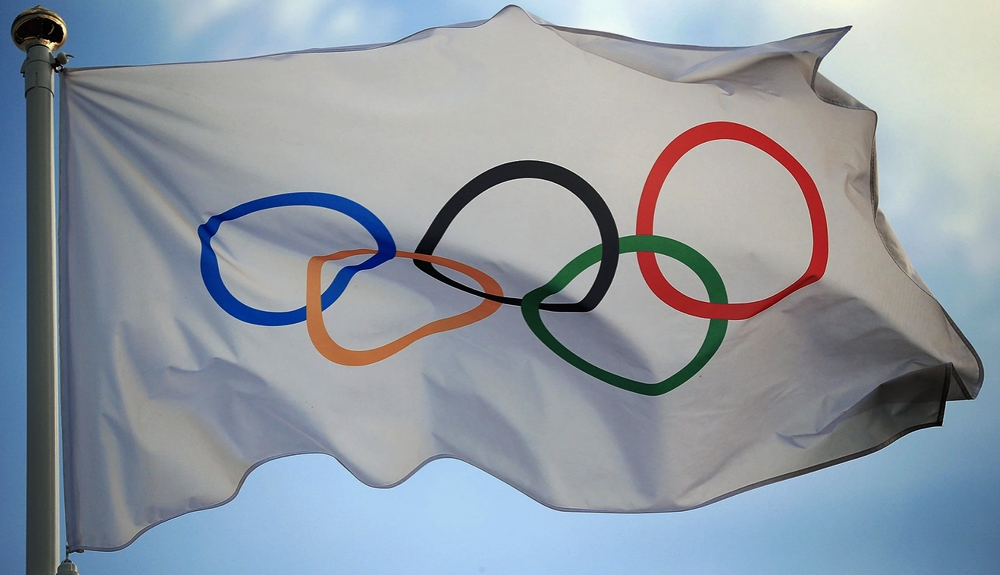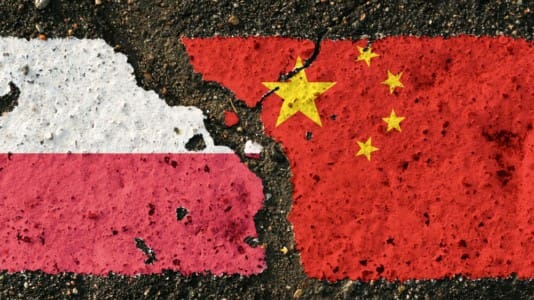The International Olympic Committee’s decision to allow Russian and Belarusian athletes to participate in the 2024 Paris Olympics is a stark example of hypocrisy and deceit.
It raises a longstanding question in the sports world: Should athletes from countries that invade others be invited to international competitions? It seems clear that distance should be maintained from such countries and their representatives, yet loopholes continue to be found.
First, the justification that athletes work their entire lives to compete in the Olympics, while touching, ignores the dreams of ordinary Ukrainians slain by the Russian regime. The argument to not punish athletes for the sins of their governments’ leadership completely overlooks the tragedy of those suffering from war.
I am aware that the success of a Russian or Belarusian athlete would be highly publicized by Moscow or Minsk, reinforcing in their societies the idea that despite the war, they are still competing with the world and are not excluded, suggesting that nothing is wrong on the front. In this way, nothing will change in Russia or Belarus.
Considering the dreams of individual athletes, who may even oppose their countries’ war strategies, I would still argue for sacrificing these dreams for the chance of a real change in mentality in the East. Russians and Belarusians must be universally ostracized. For those genuinely on the right side, another path should be found, clearly stating their opposition to the war.
Secondly, Russians and Belarusians who qualify for the tournament will be allowed to compete without flags, emblems, or anthems.
I am torn between irritation and amazement at this stipulation. In this logic, a Russian, not called a Russian, will not be a Russian. A ridiculous notion. In Russia, everyone, especially Vladimir Putin, will know they are “ours,” so their victories will be carefully wrapped in a golden package and presented to the viewers of state-controlled television.
Thirdly, the global sports world has a problem with Russian and Belarusian athletes, not only because of their military assault on Ukraine, and previously Georgia, but also due to widespread doping. This is not an individual problem but a systemic, state-level one.
So I ask: Has the situation in Russian and Belarusian sports associations improved enough in recent years regarding clean competition to welcome them with open arms? Or, following the logic of the International Olympic Committee (IOC), if we take away their flag and anthem, perhaps the doping will disappear too?
Lastly, it will be interesting to see how Ukrainian athletes react in this situation. If I were them, I would refuse to compete against representatives of countries murdering their brothers, sisters, and sometimes even parents and children. This would likely cause a stir, maybe even a scandal. Perhaps then, someone in the IOC would realize a mistake has been made.
As a sports fan, I dream of such a situation. But as a realist, I know that the substantial money involved in global sports effectively dispels any moral dilemmas.





